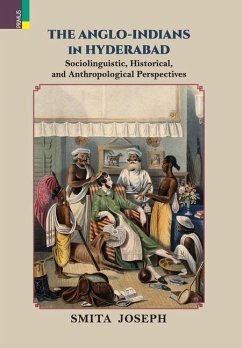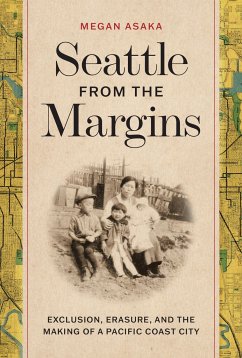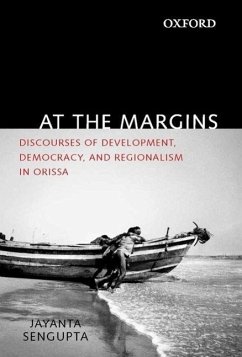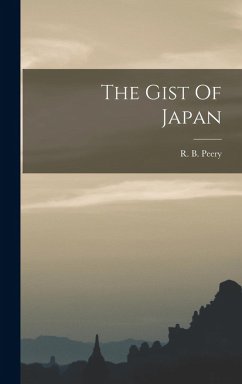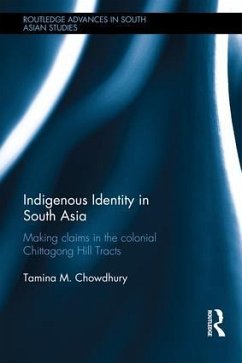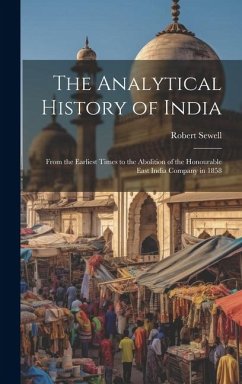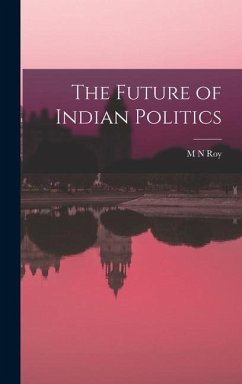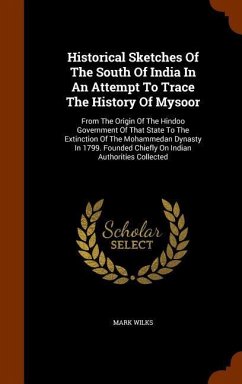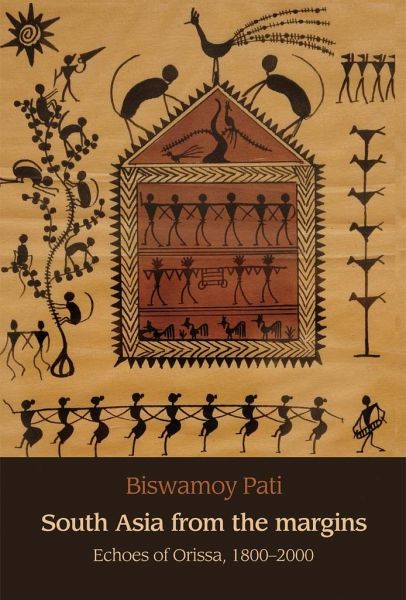
South Asia from the Margins
Echoes of Orissa, 1800-2000

PAYBACK Punkte
64 °P sammeln!
This book aims to sketch the diversities of South Asian social History, focusing on Orissa. It highlights the problems of colonialism and its impact upon the lives of the colonised, even as it looks at the way in which the internal order of exploitation worked. Based on archival and rare, hitherto untapped sources, including oral evidence, it brings to life diverse aspects of Orissa's social history, including the environment; health and medicine; conversion (in Hinduism); popular movements; social history of some princely states; and the intricate connections between the marginal social group...
This book aims to sketch the diversities of South Asian social History, focusing on Orissa. It highlights the problems of colonialism and its impact upon the lives of the colonised, even as it looks at the way in which the internal order of exploitation worked. Based on archival and rare, hitherto untapped sources, including oral evidence, it brings to life diverse aspects of Orissa's social history, including the environment; health and medicine; conversion (in Hinduism); popular movements; social history of some princely states; and the intricate connections between the marginal social groups and Indian nationalism. It also focuses on decolonisation and its meanings and explores the face of patriarchy and gender-related violence in post-colonial Orissa. Pati draws upon social anthropology and political sociology, and engages with and questions the received wisdom of imperialist, nationalist and subaltern histories. Besides focusing on the history of colonialism and its ruthless progress over the nineteenth and twentieth centuries, the book examines the manner in which the post-colonial ruling classes in decolonised south Asia negotiated a host of problems that were allowed to remain and left unresolved. This book will be of interest to students of history, social anthropology, political sociology and cultural studies, as well as those associated with non-governmental organisations and planners of public policy.




